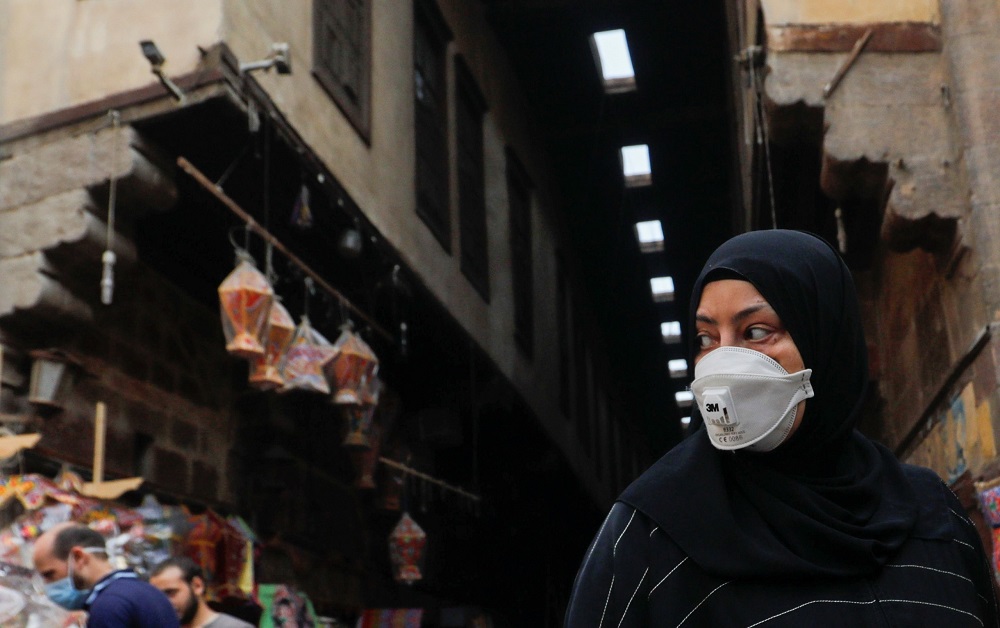The International Monetary Fund (IMF) has recently published its World Economic Outlook (WEO) report and the supplementary Regional Economic Outlook (REO) report on the current state of the global economy and what is in store for the future.
The reports assess historical and contemporary conditions in the global economy, looking at both competencies and stresses, with the main purpose of providing near to medium term predictions based on these conditions.
COVID-19, of course, features heavily in the October 2021 reports.
In its outlook for the world economy, the report says: “The global economic recovery is continuing, even as the pandemic resurges. The fault lines opened up by COVID-19 are looking more persistent—near-term divergences are expected to leave lasting imprints on medium-term performance. Vaccine access and early policy support are the principal drivers of the gaps. Rapid spread of Delta and the threat of new variants have increased uncertainty about how quickly the pandemic can be overcome. Policy choices have become more difficult, confronting multidimensional challenges—subdued employment growth, rising inflation, food insecurity, the setback to human capital accumulation, and climate change—with limited room to maneuver.”
The world economy is set to grow by 5.9 percent in 2021 and 4.9 percent by 2022. The latter represents a figure 0.1 percent lower than the July 2021 WEO report due to supply chain issues in advanced economies and multiple pandemic-related crises in low-income countries.
A 3.3 percent growth rate is predicted for the medium term after 2022, where economic output in advanced countries is expected to exceed pre-pandemic projections due to comprehensive policy support.
Slumps are expected to continue in emerging and low-income economies due to less policy support and significantly slower COVID-19 vaccine rollouts. Inflation is also expected to continue rising due to high food prices and currency depreciations raising the costs of imports.
Overall, the IMF’s projections for the foreseeable future are gloomy because of the high potential of more aggressive COVID-19 variants evolving before the world is adequately covered by vaccines, as well as continuing disruptions to global supply chains and demand discrepancies. Additionally, climate change and more frequent extreme weather events are expected to have a multiplier effect on these issues.
Egypt, Saudi Arabia, Algeria and Azerbaijan are some of the countries included in the IMF’s REO for the Middle East and Central Asia region.
Some of the problems specific to the region include “weak employment, increased inequities and poverty, corporate sector vulnerabilities […] debt sustainability risks […] and increasing geopolitical and social unrest risks.”
Due to stark inequalities between the many economies of this very diverse region, recovery is expected to be uneven and happen at different speeds, with different countries having varying degrees of vaccine rollouts and monetary and fiscal space.
Overall, the region’s economy contracted by 3.2 percent in 2020, and is set to grow by 4.1 in 2021 and 2022. Inflation is set to reach 12.9 percent in 2021 due to high food and energy prices, before decreasing to 8.8 percent in 2022.
The Middle East REO report maintains a distinction for emerging markets and middle income countries, where Egypt is categorized. These countries are not expected to reach 70 percent vaccine coverage before the end of 2022.
Where global average growth rates for emerging market and middle income countries is expected to be 6.7 and 5.1 percent for 2021 and 2022 respectively, the ones in the Middle East are projected to lag behind at 3.6 and 4.2 percent growth.
Labor market challenges represent a large portion of the Middle East and Central Asia’s lingering pressures. Issues in this area were already a persistent problem facing the region before the pandemic, which only exacerbated them. One of the main reasons behind this is the region’s large informal sector, where workers have little access to employment benefits, social protections and unemployment support.
Average unemployment across the region was 9.4 percent in 2018-2019, the highest regional average in the world, along with a 55 percent labor force participation rate, the lowest in the world.
So, what do the reports propose for both the world and the region to usher in an effective, inclusive and sustainable recovery? “As the region prepares for a new journey in the post-pandemic world, the crisis presents opportunities that could lead to a transformational recovery marked by more resilient, inclusive, and greener economies. Domestic policies would need to be comprehensive and exploit synergies to enable this transformation. Global and regional cooperation will also be crucial for vaccine deployment and leveraging digitalization, adaptation to climate change, and transition to lower carbon dependence to strengthen the region’s medium-term growth prospects.”
With specific reference to the region’s labor market challenges, the IMF stresses the need for more social protections for the most vulnerable groups and to address the root causes of low labor market participation.
According to the report, Egypt focused on “labor retention programs” which protect jobs that are obsolete or are soon projected to become so. Labor interventions should focus more on reallocation, upskilling and reskilling. Relevant policies include supporting vocational training and programs to boost labor market participation.
Addressing the informal sector remains crucial to protect large segments of the population from economic shocks. The report suggests that Egypt took a step in the right direction during the pandemic by offering cash transfers to informal workers and “leveraging financial innovation and digitalization” to help formalize the sector.
For better global outcomes, the IMF re-emphasizes faster and more equitable vaccine rollouts. The United Nations’ World Health Organization (WHO) has repeatedly stressed that no matter how well vaccinated advanced countries become, COVID-19 will remain a risk while the Global South has poor access to vaccines.
As Tadros Ghebreyesus, the director general of the WHO has repeatedly emphasized, as long as the Global North holds onto most of the world’s vaccine stock, new variants that can escape vaccine immunity will continue to evolve in poorer countries. The IMF insists the sooner the world gets vaccinated, the sooner and faster the global economic recovery will be.









